On December 24th, 1979, the Soviet Union invaded Afghanistan, beginning a long war which would last over ten years and be responsible for over one million deaths and almost six million refugees. On April 27th 1978 a military coup dissolves the government of Mohammed Daoud Khan who, during five years of Afghan policy making, opposed the influence of the neighboring Soviet Union. The coup sees Noor Mohammed Taraki, leader of the Marxist party and a man backed by Moscow, rise to power.
His secular and socialist politics encountered opposition from the most intransigent of Muslim Afghans, who organize an armed resistance of the mujahideen or " fighters for the faith ." The USA, engaged in a decades long cold war with the USSR for control of world politics, financed the mujahideen for anti –Soviet reasons. On September 14th, 1979, President Taraki was overthrown and his place taken by Prime Minister Hafizullah Amin, who was open to dialogue with the mujahideen and the USA. In order not to lose control of Afghanistan, Soviet leader Leonid Brezhnev decided to invade the country on December 24th, 1978. Over the course of three days, the Soviet Red Army conquers Kabul, the Afghan capital. The U.S. reacted by issuing an embargo against the Soviet Union, and boycotting the 1980 Moscow Olympics. The Afghan resistance was backed by U.S. arms and money, and also aided by Islamic volunteers from Arab countries.
This soon turns into jihad, a holy war against the Soviets, now considered enemies of Islam. The mujahideen forced the enemy to fight on the inaccessible mountains of Afghanistan, where the Red Army couldn’t leverage its technological superiority. A leader will emerge from the guerrillas and become one of legendary figures in the Arab world. His name is Ahmad Masood, also called the “Lion of Panjshir”. The Soviets suffered heavy losses and, despite initial successes, failed to take control of the entire country.
The bungled handling of the war was just one of many serious internal problems affecting the Soviet Union during the 1980’s, which saw the once mighty nation on the verge of economic and political collapse. Faced with the continued success of the mujahideen, the Soviet Union announced the withdrawal of its troops from Afghanistan on July 20th 1987. By February 15th 1989, the withdrawal of Red Army was complete. Afghanistan ended the conflict on its knees: after a bitter civil war, power would fall into the hands of the Taliban, religious fundamentalists who rule according to Islamic law. The harsh political and military defeat only hastened the end of the USSR: the U.S. was now on track to become the only superpower on the world stage
His secular and socialist politics encountered opposition from the most intransigent of Muslim Afghans, who organize an armed resistance of the mujahideen or " fighters for the faith ." The USA, engaged in a decades long cold war with the USSR for control of world politics, financed the mujahideen for anti –Soviet reasons. On September 14th, 1979, President Taraki was overthrown and his place taken by Prime Minister Hafizullah Amin, who was open to dialogue with the mujahideen and the USA. In order not to lose control of Afghanistan, Soviet leader Leonid Brezhnev decided to invade the country on December 24th, 1978. Over the course of three days, the Soviet Red Army conquers Kabul, the Afghan capital. The U.S. reacted by issuing an embargo against the Soviet Union, and boycotting the 1980 Moscow Olympics. The Afghan resistance was backed by U.S. arms and money, and also aided by Islamic volunteers from Arab countries.
This soon turns into jihad, a holy war against the Soviets, now considered enemies of Islam. The mujahideen forced the enemy to fight on the inaccessible mountains of Afghanistan, where the Red Army couldn’t leverage its technological superiority. A leader will emerge from the guerrillas and become one of legendary figures in the Arab world. His name is Ahmad Masood, also called the “Lion of Panjshir”. The Soviets suffered heavy losses and, despite initial successes, failed to take control of the entire country.
The bungled handling of the war was just one of many serious internal problems affecting the Soviet Union during the 1980’s, which saw the once mighty nation on the verge of economic and political collapse. Faced with the continued success of the mujahideen, the Soviet Union announced the withdrawal of its troops from Afghanistan on July 20th 1987. By February 15th 1989, the withdrawal of Red Army was complete. Afghanistan ended the conflict on its knees: after a bitter civil war, power would fall into the hands of the Taliban, religious fundamentalists who rule according to Islamic law. The harsh political and military defeat only hastened the end of the USSR: the U.S. was now on track to become the only superpower on the world stage
RELATED
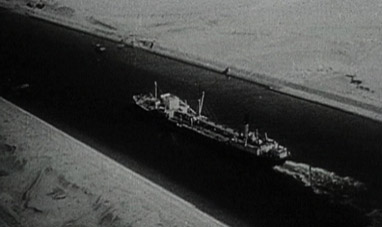

THE SUEZ CRISIS
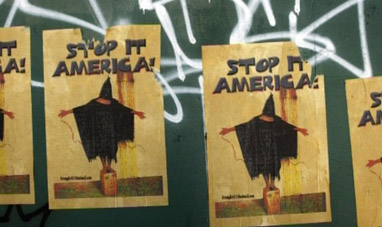

THE ABU GHRAIB SCANDAL
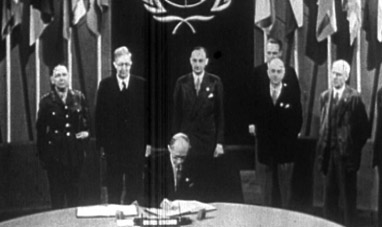

THE BIRTH OF THE UNITED NATIONS
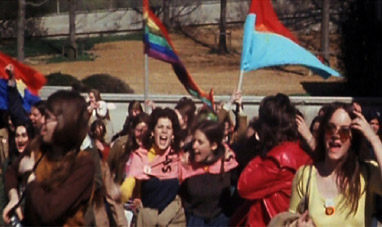

1968
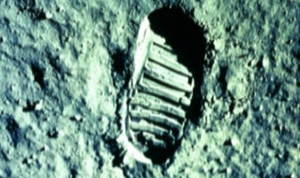

THE FIRST MOON LANDING
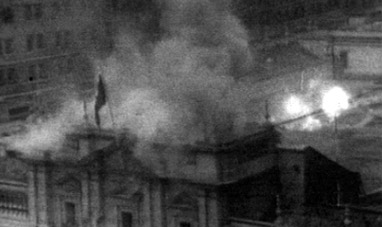

THE 1973 CHILEAN COUP
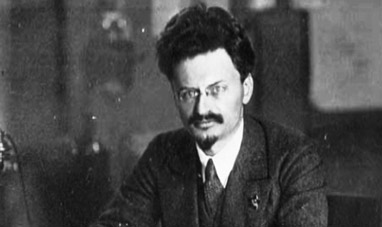

TROTSKY


THE FALL OF THE BERLIN WALL
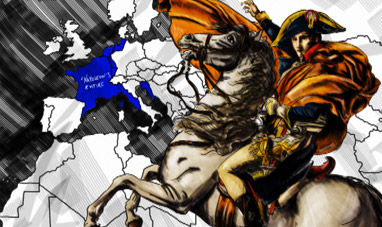

THE BATTLE OF AUSTERLITZ
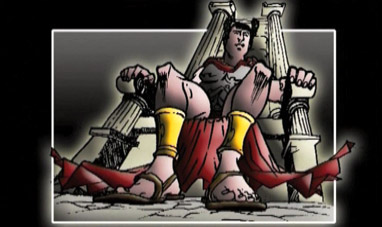

THE EDICT OF MILAN
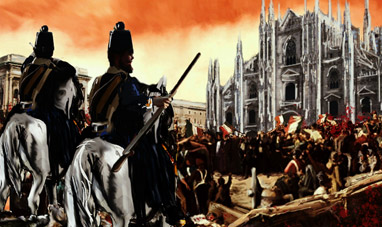

FIVE DAYS OF MILAN
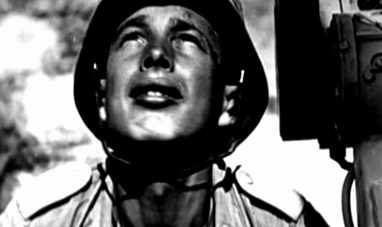

WORLD WAR II
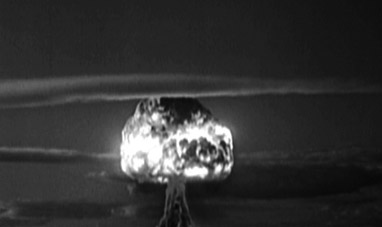

HIROSHIMA AND NAGASAKI
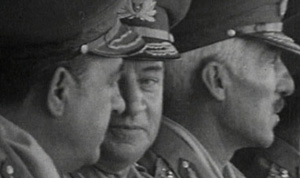

THE GREEK MILITARY COUP
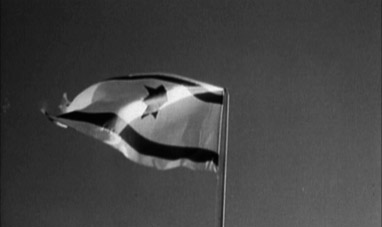

THE BIRTH OF ISRAEL
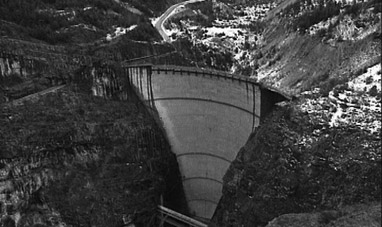

THE VAJONT DISASTER
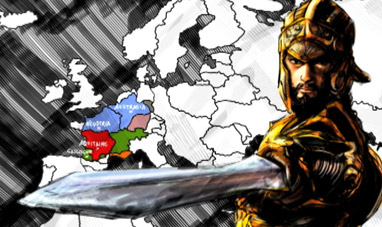

THE BATTLE OF TOURS
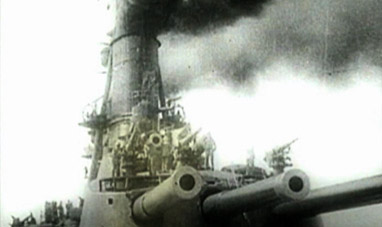

THE OUTBREAK OF WORLD WAR I
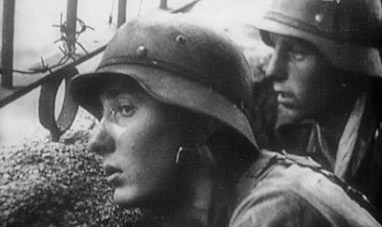

THE RUSSIAN CAMPAIGN
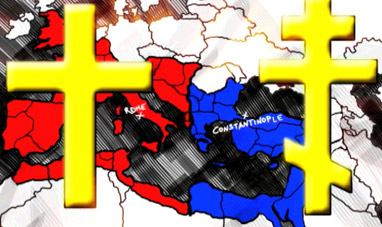

GREAT SCHISM, THE
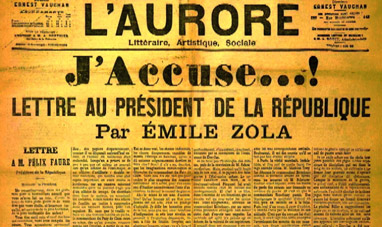

THE DREYFUS AFFAIR
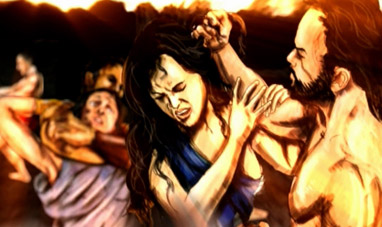

THE RAPE OF THE SABINE WOMEN
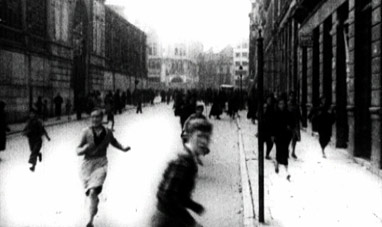

THE SPANISH CIVIL WAR
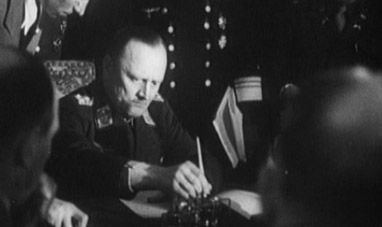

YALTA AND POTSDAM: NEW WORLD ORDER


FIRST ITALIAN WAR OF INDEPENDENCE
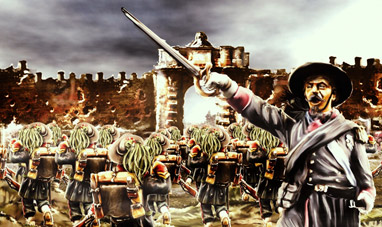

CAPTURE OF ROME
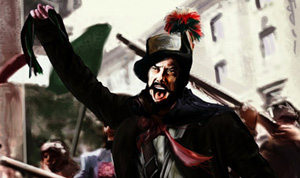

I MOTI DEL '48
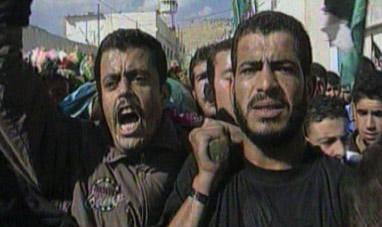

THE SECOND INTIFADA


THE WALL STREET CRASH OF 1929
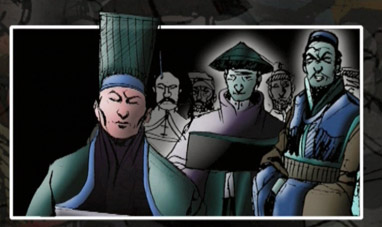

EARLY CHINESE DYNASTIES
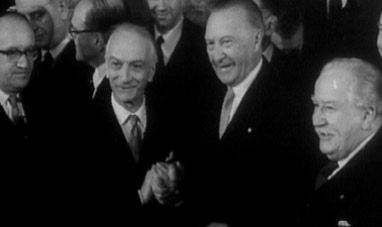

FOUNDING THE EUROPEAN COMMUNITY


THE KOSOVO WAR
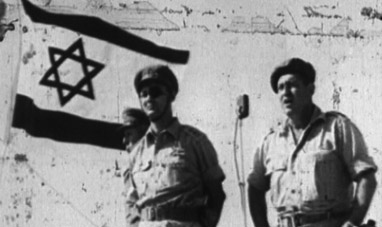

THE SIX DAY WAR


TANGENTOPOLI
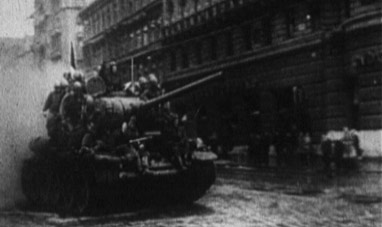

THE HUNGARIAN REVOLUTION OF 1956
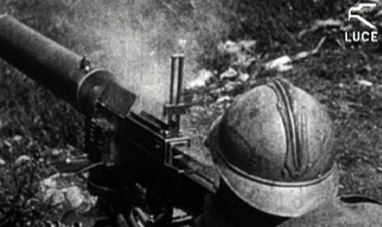

WORLD WAR I
